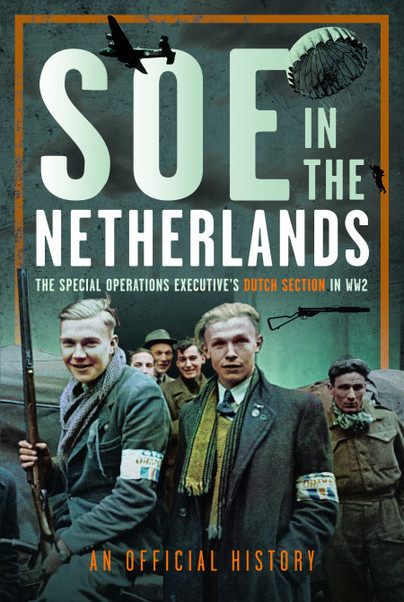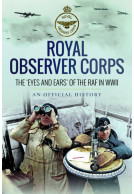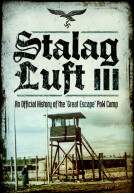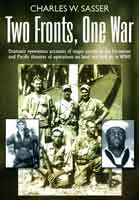SOE in The Netherlands (Hardback)
The Special Operations Executive’s Dutch Section in WW2
(click here for international delivery rates)
Order within the next 9 hours, 57 minutes to get your order processed the next working day!
Need a currency converter? Check XE.com for live rates
| Other formats available - Buy the Hardback and get the eBook for £1.99! | Price |
|---|---|
| SOE in The Netherlands ePub (4.8 MB) Add to Basket | £6.99 |
Until 1943 there was little effective resistance to the German occupation of The Netherlands. Though numerous small opposition groups had formed immediately after the German invasion in 1940, there was no concerted movement or over-arching organisation.
Gradually, though, as the Germans introduced harsher measures against certain groups, opposition grew, particularly in the urban areas. These met with very limited success due to poor security which was to plague the Dutch resistance movement in general. As is made clear in this official account, individuals were often members of more than one resistance group at the same time. This inevitably meant that when one cell was compromised others quickly met the same fate.
Nevertheless, in 1941 the Netherlands, or N, Section of the Special Operations Executive under Major Seymour Bingham started sending trained agents to The Netherlands. These operatives were dropped by parachute or infiltrated into the country from France or Belgium. Unfortunately, poor discipline continued to hamper the resistance movement. Preparation was poor, security was lax, and codewords were forgotten or ignored. As a result, fifty-four of N Section’s agents were captured by the Germans; fifty of these were subsequently executed.
Despite its egregious failings, SOE’s N Section, could count on some successes. Its agents were able to coordinate the various groups and help maintain communications with the UK. They also undertook valuable weapons training and gave instruction on demolition techniques.
The people the agents assisted in active resistance were usually ordinary Dutch citizens, often working in respectable jobs under the very noses of the Germans, their only precaution being the adoption of a false name while operating undercover. The SOE agents themselves had to adopt the cover occupations of those professions which would not be subjected to conscription, such as teachers, medical personnel, or police. Usually, they would take the identity of brave individuals who had volunteered to have their information duplicated. In addition, the agents would be thoroughly briefed on their adopted personas so that they could provide convincing accounts of their movements if stopped and interrogated.
This official account of the development and activities of SOE’s Dutch Section was written by a Staff Officer prior to SOE being disbanded in 1946. It was based on information, reports and documents provided by those involved in the campaign.
It details how SOE agents were recruited and trained in the UK and gives information on safe houses, contact addresses, secret telephone exchanges, training premises and methods of communications in The Netherlands and externally to London. In essence, it provides all the apparatus and procedures used in the establishment of the underground movement which sought to obstruct and oppose the Germans at every turn.
There are no reviews for this book. Register or Login now and you can be the first to post a review!
About An Official History
An official account prepared for the War Office at the end of the Second World War.
SOE In France 1941-1945 An Official Account of the Special Operations Executive’s French Circuits (Hardback)
In the archives of the Special Operations Executive lay a report compiled by a staff officer and former member of SOE's French Section, Major Robert Bourne-Patterson, that until recently could not be published. Because of the highly sensitive nature of the work undertaken by the SOE, the paper was treated as confidential and its circulation was strictly limited to selected personnel. Now, at last, it can be made available to the general public. Limited, also, was the time available to Bourne-Patterson in compiling his report in 1946 as the SOE was being wound up and many documents were being ‘weeded’…
By Robert Bourne-PatersonClick here to buy both titles for £50.00






















